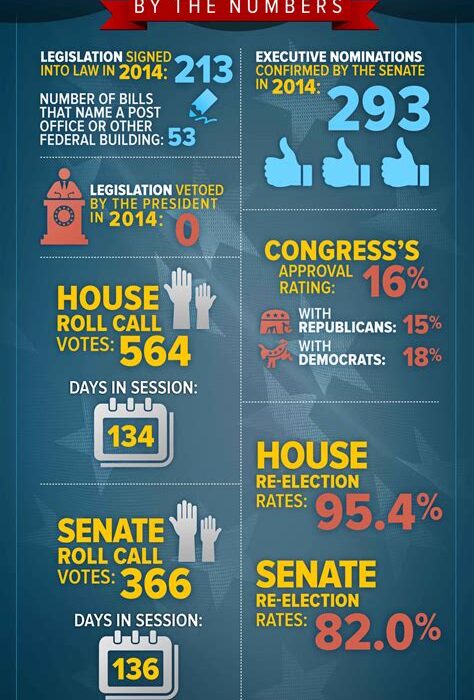The Port of Darwin, a strategic asset controlled by Chinese-owned Landbridge, has become the center of a heated political debate in Australia’s 2025 election campaign. Both major parties, Labor and the Coalition, have pledged to end Landbridge’s lease if elected on May 3.
“Landbridge and Darwin Port have not been involved in any discussions with the federal government…”
The controversy stems from concerns about foreign control over critical infrastructure. Anthony Albanese and Peter Dutton have emphasized the need for Australian ownership of such a vital asset. This issue has sparked a tug-of-war between national security interests and economic considerations.
“We want to protect taxpayers. Not to just engage in speculation.”
Albanese and Dutton are pushing for a private sector solution where an Australian buyer would take over the lease without taxpayer funds being used. However, if this fails to materialize, they are prepared to forcibly acquire the port from Landbridge.
The debate raises questions about sovereignty, national security, and economic independence. The discussion around the Port of Darwin reflects broader concerns globally about foreign investment in sensitive industries.
“…a robust regulatory system in place to manage risks to critical infrastructure…”
A key aspect is how much compensation would be required to buy out Landbridge if negotiations fail. The financial implications are significant and could impact taxpayers depending on how the situation unfolds.
Experts suggest that while ensuring national security is paramount, it is crucial to balance these concerns with maintaining an attractive environment for foreign investment. Striking this delicate equilibrium will be essential for Australia’s economic future.
Albanese’s mention of superannuation funds as potential buyers adds another layer of complexity to the situation. It highlights the diverse range of stakeholders involved in such high-stakes decisions that go beyond traditional political realms.
“…ensure an important national economic asset was returned to Australian control.”
As both sides continue their verbal sparring over the fate of the Port of Darwin, there are broader implications at play beyond just this one facility. The outcome will set a precedent for how Australia navigates similar challenges in an increasingly interconnected world.
In conclusion, what may seem like a local issue regarding a port lease has far-reaching consequences that touch on themes relevant not only to Australia but also resonate globally amidst evolving geopolitical landscapes.

